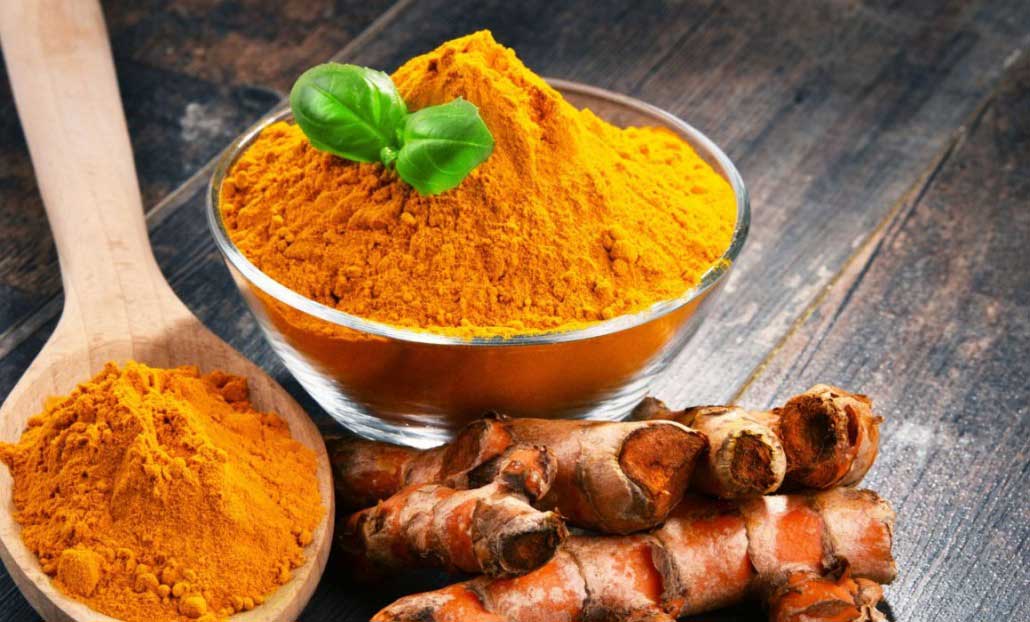11/21/2023
Evangelyn Rodriguez
Turmeric is the rhizome, or underground stem, of Curcuma longa, a plant that belongs to the ginger family. Dubbed the "golden spice" because of its brilliant yellow color, this edible herb is well-known for its many health benefits.
As a culinary ingredient, turmeric is widely known as the spice that gives Indian curry its signature hue. It is also promoted as a dietary supplement that helps with a variety of conditions, such as allergies, arthritis, depression, digestive disorders, liver disease and respiratory infections.
Besides its relation to curry, turmeric's claim to fame comes from its long history of medicinal use. A staple herb in Ayurvedic Medicine – one of the world's oldest medical systems – turmeric is traditionally used in India as a natural remedy for anorexia, biliary disorders, cough, diabetic sores, hepatic disorders, rheumatism and sinusitis.
Turmeric boasts a wide range of beneficial properties, including antioxidant, anti-inflammatory, antimicrobial, neuroprotective, antidiabetic and anti-carcinogenic activities. According to studies, these properties can be attributed to curcumin, turmeric's main active component and the chemical responsible for its distinct color and flavor.
Curcumin is one of three compounds in turmeric known collectively as curcuminoids. These phenolic compounds are commonly used as food coloring (yellow) or additives. Curcuminoids, particularly curcumin, have attracted considerable scientific interest because of their potential to treat immune-related and metabolic diseases, most notably different types of cancer.
-
Tags
#Cancer

